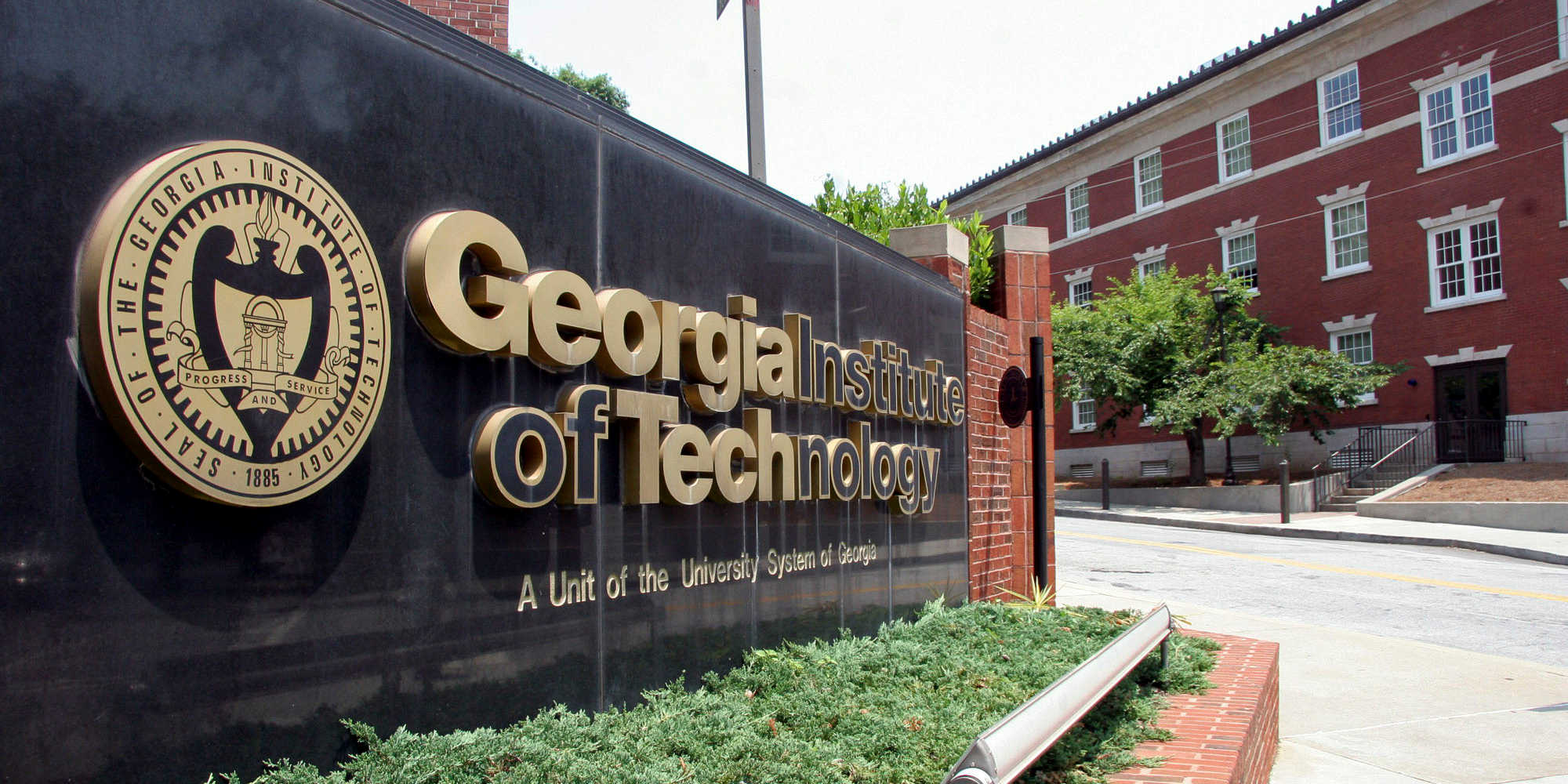The U.S. Department of Energy has announced that it will grant $25 million to the Georgia Institute of Technology to develop new educational programs and technologies.
Aimed to further the security, nonproliferation and nuclear science goals of the department’s National Nuclear Security Administration (NNSA), the university will lead a consortium of 12 universities and 10 national laboratories across the country.
The Consortium for Enabling Technologies and Innovation (ETI), led by Anna Erickson, its principal investigator and an associate professor in Georgia Tech’s Woodruff School of Mechanical Engineering, will primarily focus on computer and engineering science research through machine learning, advanced manufacturing, and nuclear detection technologies.
“We will be developing new enabling technologies to address not only the current challenges, but also those we might anticipate in the future,” Erickson said. “Beyond these technologies, we will create the next cohort of students and researchers able to join the national laboratories to implement cutting-edge technologies to help the NNSA achieve its goals.”
The consortium will receive $5 million per year in funding across a period of five years. It will also develop new coursework for national laboratory internships to ensure the retention of talented students.
Over the next five years, the consortium’s goal is to transfer 40 graduate students and 20 undergraduate students to national laboratories. It also hopes to provide at least 70 students with internships.
“We want to educate students who have a good understanding of new technologies in general,” Erickson said. “We will encourage them to challenge the world and see the world differently. Over the next five years, our goals are to create something that will have a lasting effect on this industry.”
Along with Georgia Tech, the consortium will include the University of Wisconsin, the Ohio State University, the Massachusetts Institute of Technology, the University of Michigan, the University of Hawaii, the Colorado School of Mines, Texas A&M University, the University of North Carolina at Chapel Hill, Washington State University, Duke University and the University of Texas at Austin.
Eleven Higher Ed Institutions Form Consortium to Assist Persecuted Scholars



